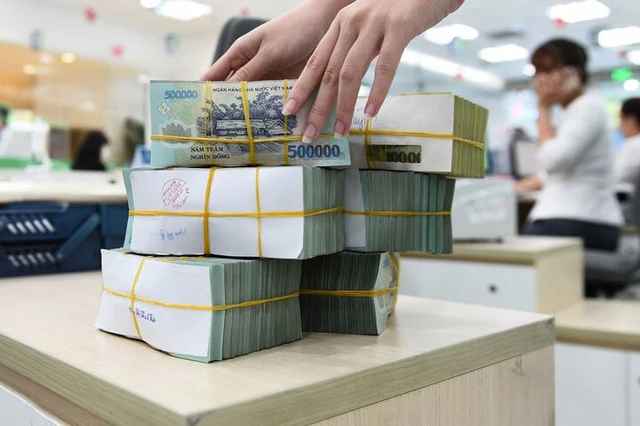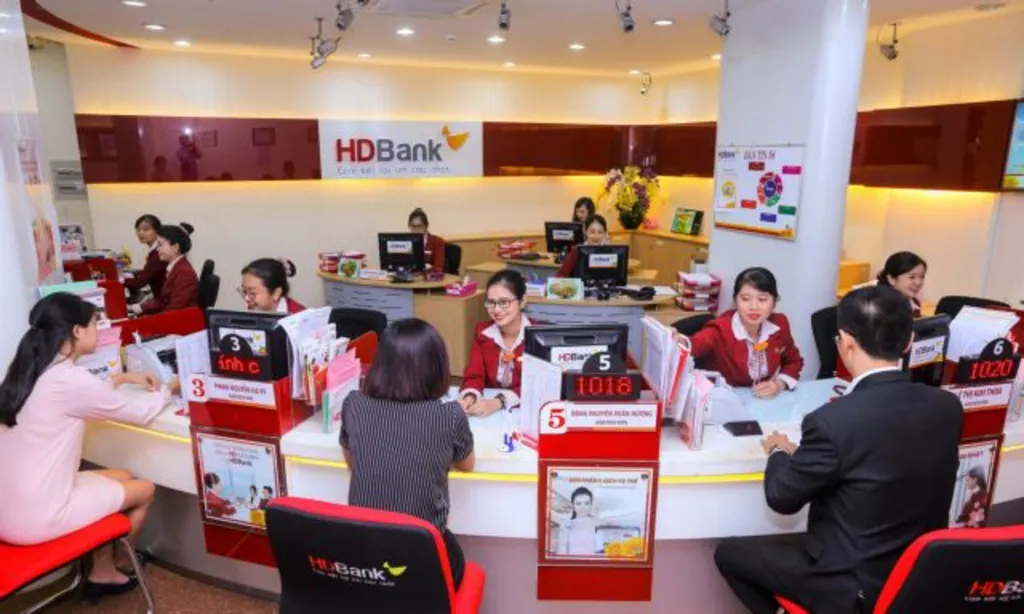 Economy
Economy

 |
| The State Bank of Việt Nam organised a sector-wide online conference on promoting bank credit growth for the year on Wednesday. — Photo courtesy of SBV |
HÀ NỘI — As of June 14, credit growth has reached 3.79 per cent compared to the end of last year, marking a bright spot for the banking sector.
The information was released by the State Bank of Việt Nam (SBV) in a sector-wide online conference on promoting bank credit growth for the year on Wednesday.
However, challenges still abound in promoting credit growth in the banking industry heading into the third quarter.
The State Bank of Việt Nam (SBV) recently issued a document directing a number of solutions on credit and interest rates, requiring implementation of solutions and striving to achieve a credit growth rate of 5-6 per cent by the end of the second quarter this year.
Statistics show that in the first quarter of this year, seven out of 27 banks recorded negative credit growth, including some large banks.
But there are still many banks with a credit growth rate that is much higher than the industry average, such as LPBank, Techcombank, HDBank and MSB.
These banks are also showing good profits compared to the industry average.
Each bank has different strategies and competitive advantages to exploit market opportunities.
LPBank recorded the strongest credit increase of over 12 per cent, while Techcombank grew by more than 7 per cent and HDBank by 6.2 per cent. MSB's credit growth increased by more than 5.6 per cent.
For the banking industry, the rate of growth or the scale of credit expansion alone does not tell the whole story. Growth must be efficient, sustainable and stable to ensure prosperity for the bank not only in the present but also in the future.
 |
| HDBank currently tops the banking industry in profitability. - Photo courtesy of HDBank |
A HDBank representative stated that early risk management policies have been implemented, helping the bank to mitigate adverse external impacts and ensure the maintenance of a stable and flexible operational framework.
The bank tops the industry in profitability, with a return on equity (ROE) reaching 26.7 per cent.
Continuous improvements in operational safety ratios also provide shareholders and investors with peace of mind amid numerous challenges.
Meanwhile, promoting digitalisation and optimising processes and operating costs are also key to improving the bank's operational efficiency over the past few years.
At HDBank, high growth targets and industry-leading ROE come with a strong optimisation of the Cost-to-Income Ratio (CIR), from 39.3 per cent in 2022 to only 31.7 per cent in the first quarter of this year.
At other banks like Techcombank, VPBank or especially at large network-operating banks like VietinBank, the CIR has also shown significant improvements in recent years, approaching around 30 per cent. This is considered optimal for banks effectively making a digital transformation in the region.
Besides strictly controlling risks and enhancing operational safety, strong digitalisation and optimisation of performance and operational efficiency are also necessary factors for sustainable growth goals among Vietnamese banks.
According to State Bank representatives at the conference, with drastic actions by the Government, Prime Minister and ministries in improving the business environment and coordinating to solve problems for businesses and people, credit growth is expected to increase in the last months of the year.
This forecast shows that the bright spots in the Vietnamese banking industry in enhancing efficiency and maintaining sustainable growth will likely continue. — VNS




